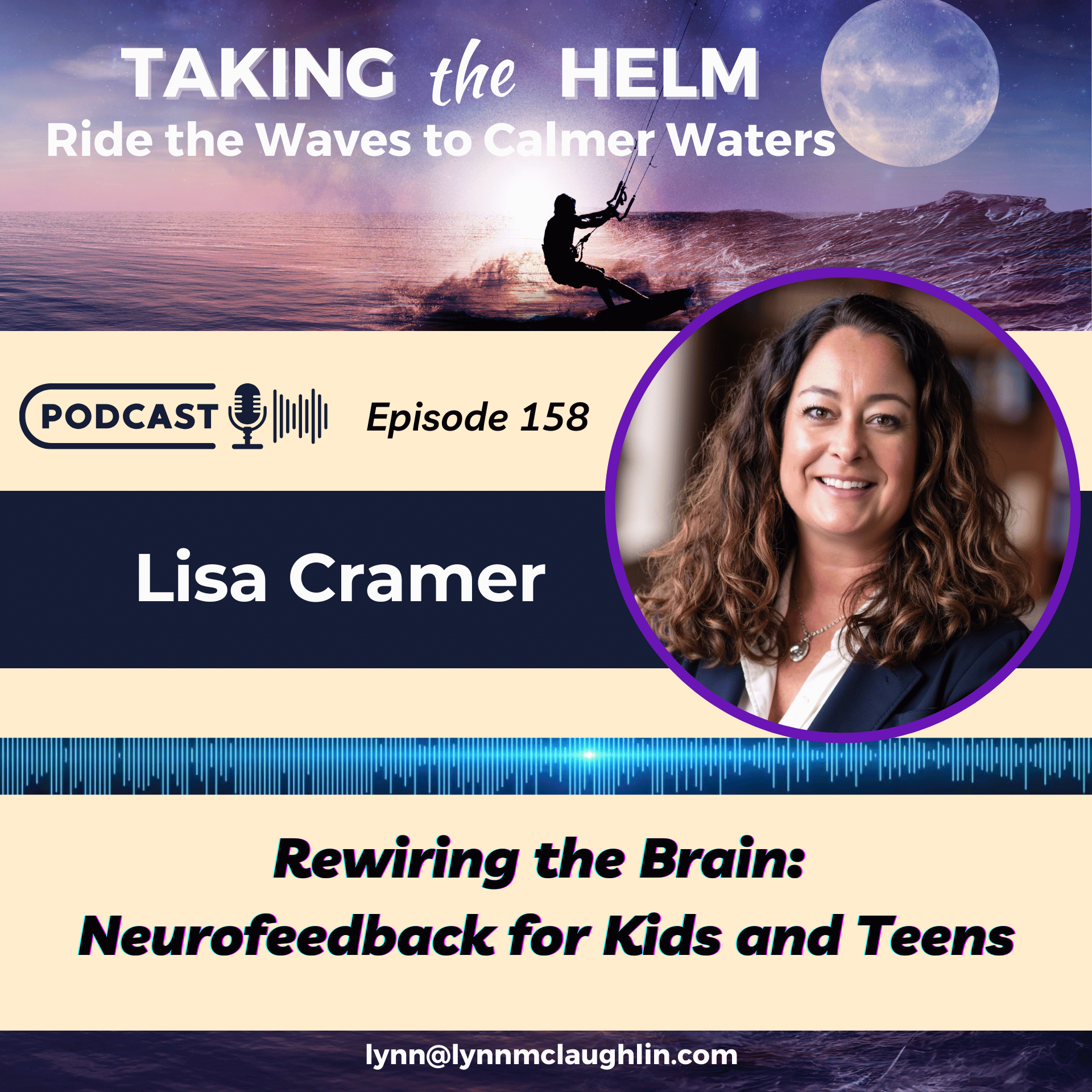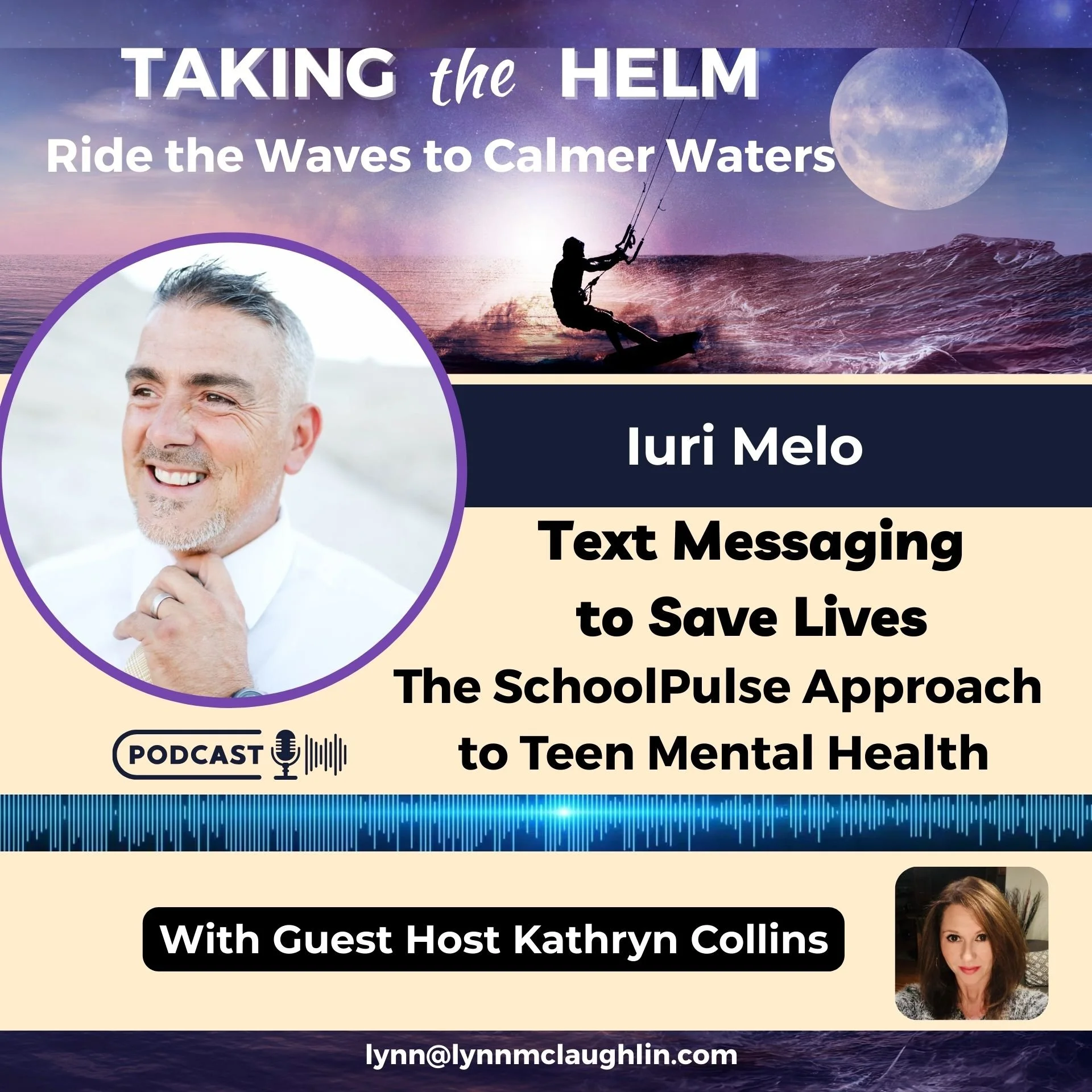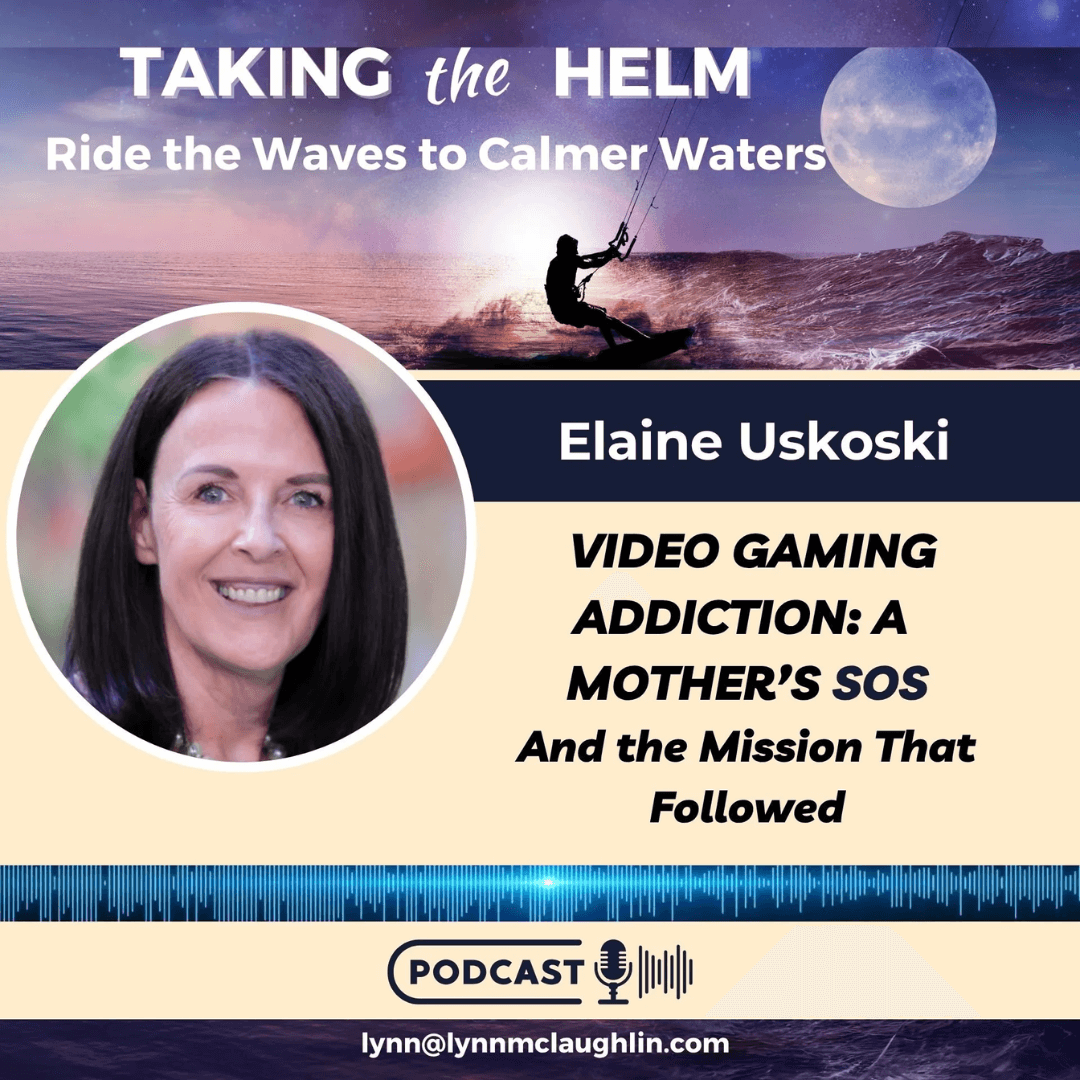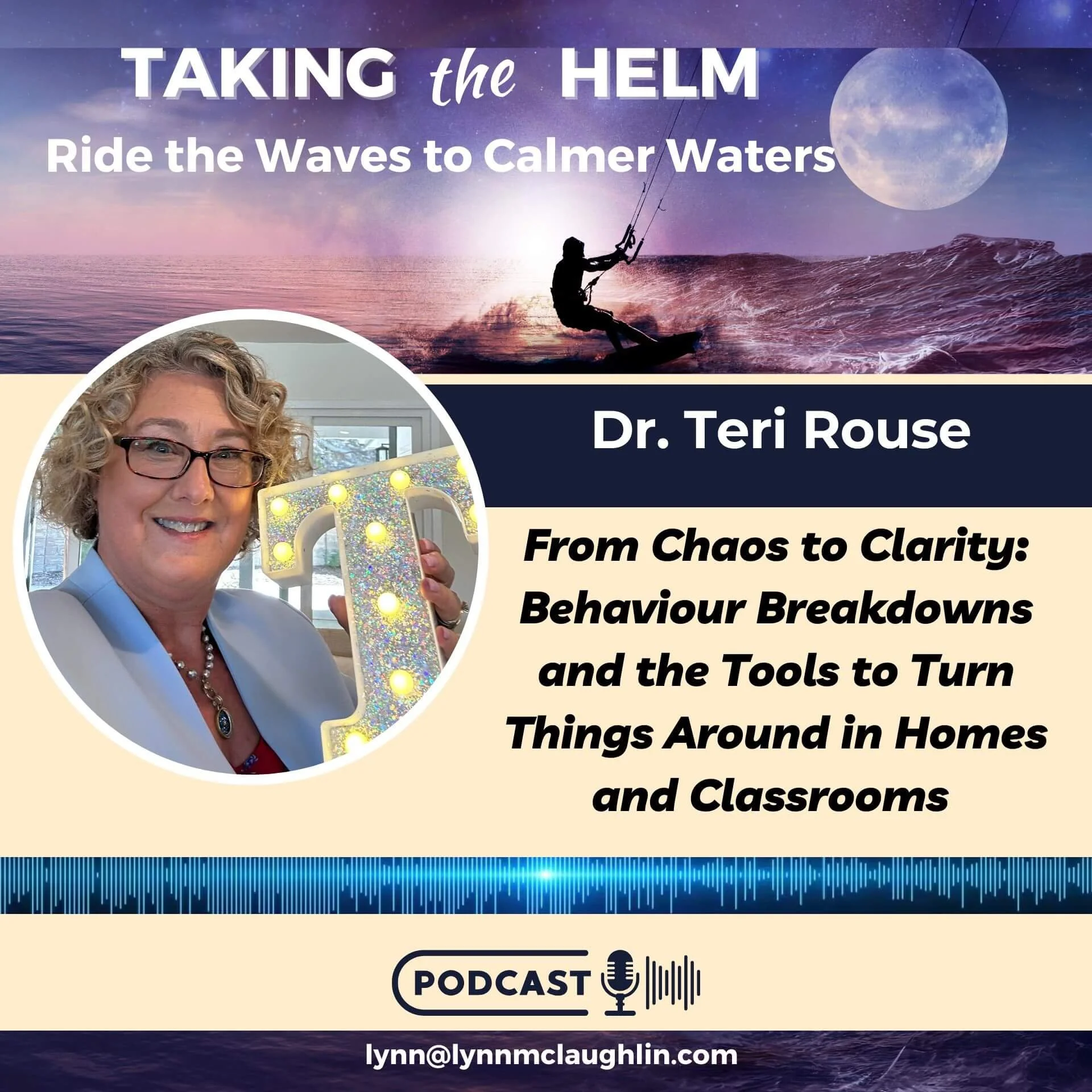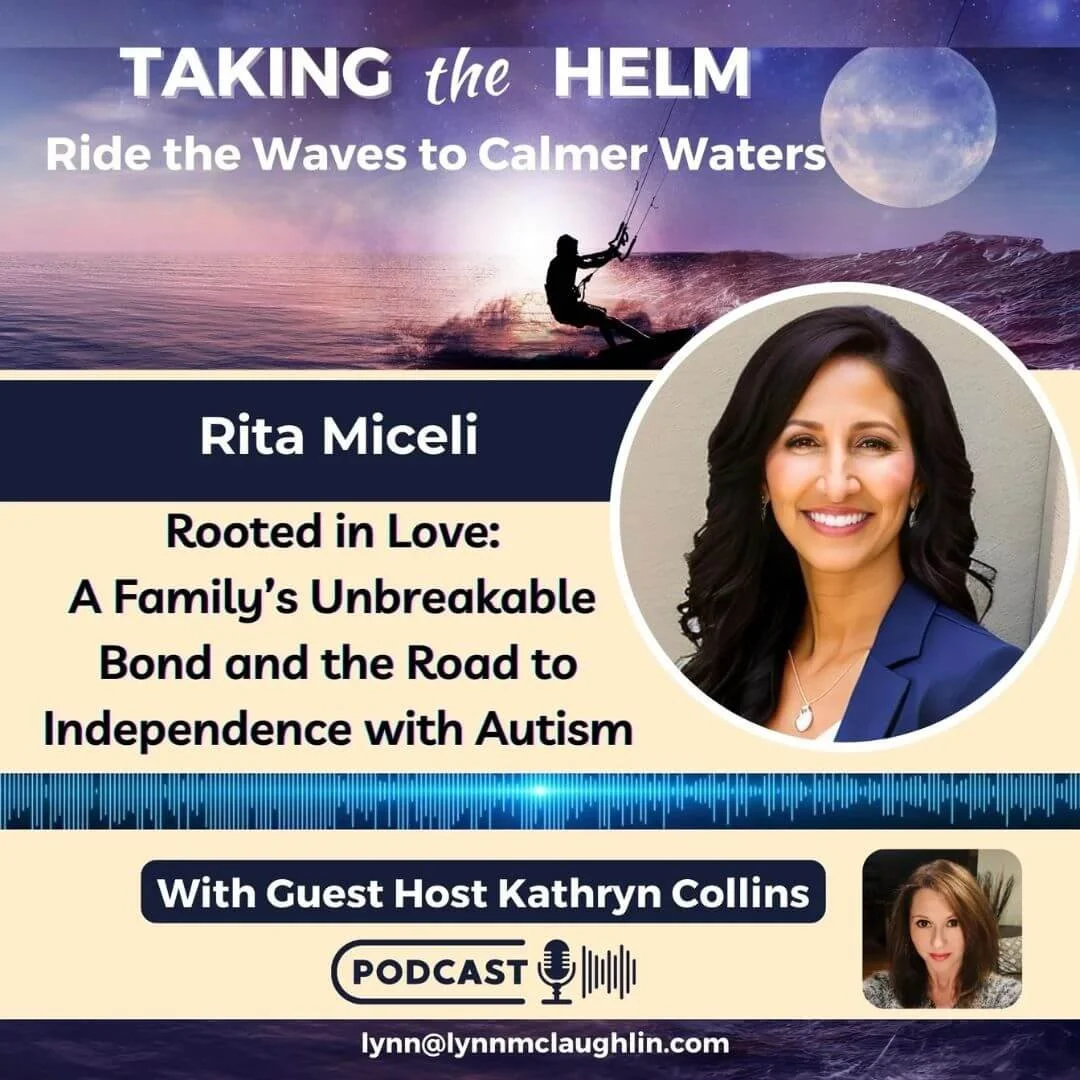
FAUST RUGGIERO | THE POWER OF PRESENCE: UNLOCKING YOUR CHILD'S INNER DIALOGUE
Faust A. Ruggiero’s professional career spans almost 40 years. He is a published research author, clinical trainer, and a therapist who has worked in settings that have included clinics for deaf children, prisons, nursing homes, substance abuse centers, inpatient facilities, major corporations, both national and international
How can we connect with our children to better understand and be proactive when it comes to their mental health? That adage that what children need most is our time couldn't be a better fit to help us understand what our child is feeling. There is a tremendous correlation between time spent with our child, and your ability to understand what they are thinking and feeling.
💥 Can we try to get away from denial and avoidance behaviors? It can be hard for parents to come to terms with their children's anxiety. No one wants this for their child, and as a result, it can be easy to miss.
💥 If our child is bringing up a complaint, and they are having a difficult time explaining it to us, there may be another problem. We can expand the conversations into other areas of their life to determine if they're hiding anything.
💥 Children don't always express themselves efficiently. This life moves fast, and as a result, anxiety gains momentum quickly.
💥 Is it wise to educate our children, even the younger children, about anxiety, what it feels like, and how to talk about it?
💥 How does validation positively affect our children and how do we respond when we don't agree with their actions or choices?
Faust A. Ruggiero’s professional career spans almost 40 years. He is a published research author, clinical trainer, and a therapist who has worked in settings that have included clinics for deaf children, prisons, nursing homes, substance abuse centers, inpatient facilities, major corporations, both national and international
How can we connect with our children to better understand and be proactive when it comes to their mental health? That adage that what children need most is our time couldn't be a better fit to help us understand what our child is feeling. There is a tremendous correlation between time spent with our child, and your ability to understand what they are thinking and feeling.
💥 Can we try to get away from denial and avoidance behaviors? It can be hard for parents to come to terms with their children's anxiety. No one wants this for their child, and as a result, it can be easy to miss.
💥 If our child is bringing up a complaint, and they are having a difficult time explaining it to us, there may be another problem. We can expand the conversations into other areas of their life to determine if they're hiding anything.
💥 Children don't always express themselves efficiently. This life moves fast, and as a result, anxiety gains momentum quickly.
💥 Is it wise to educate our children, even the younger children, about anxiety, what it feels like, and how to talk about it?
💥 How does validation positively affect our children and how do we respond when we don't agree with their actions or choices?
Subscribe from your the platform of your choice including …







